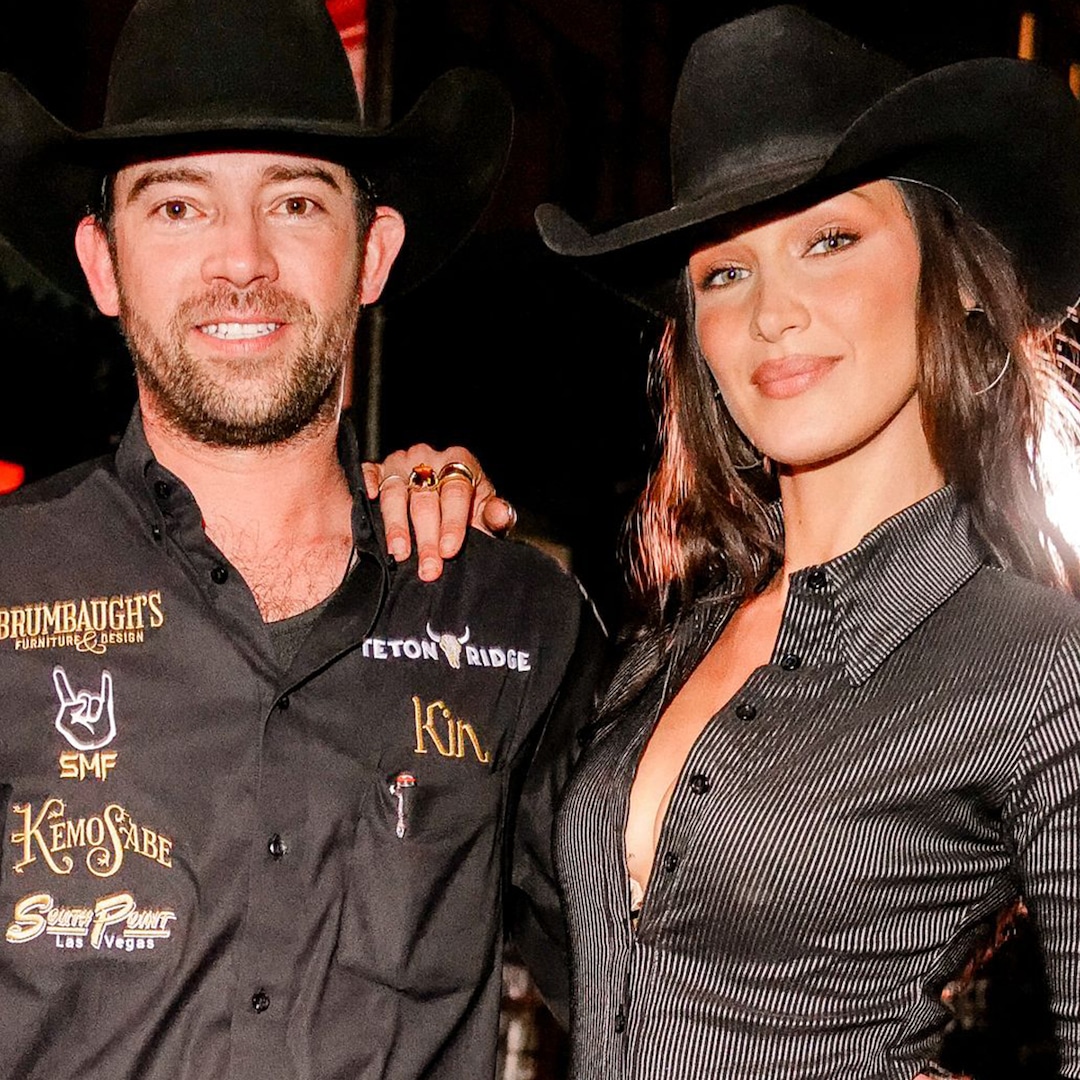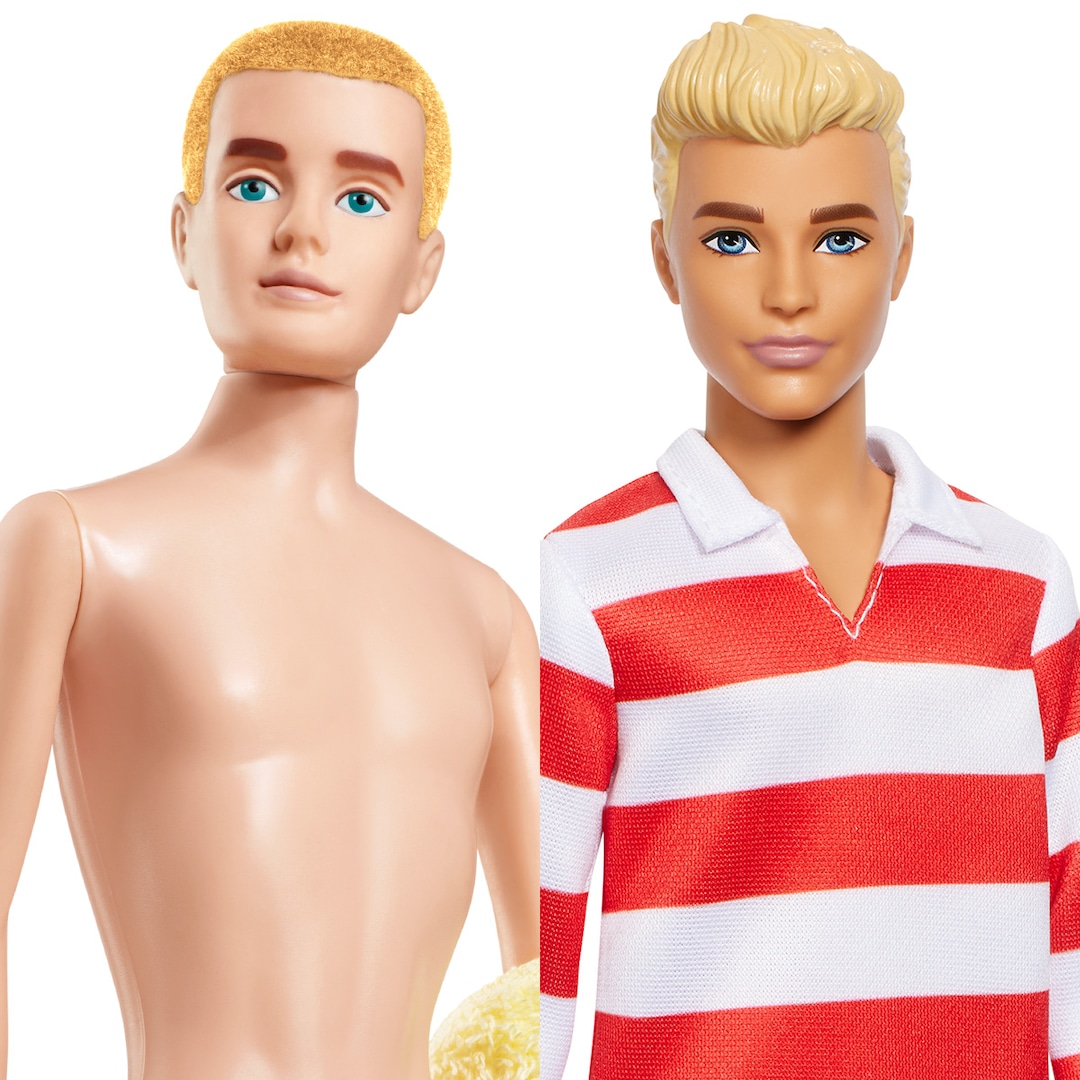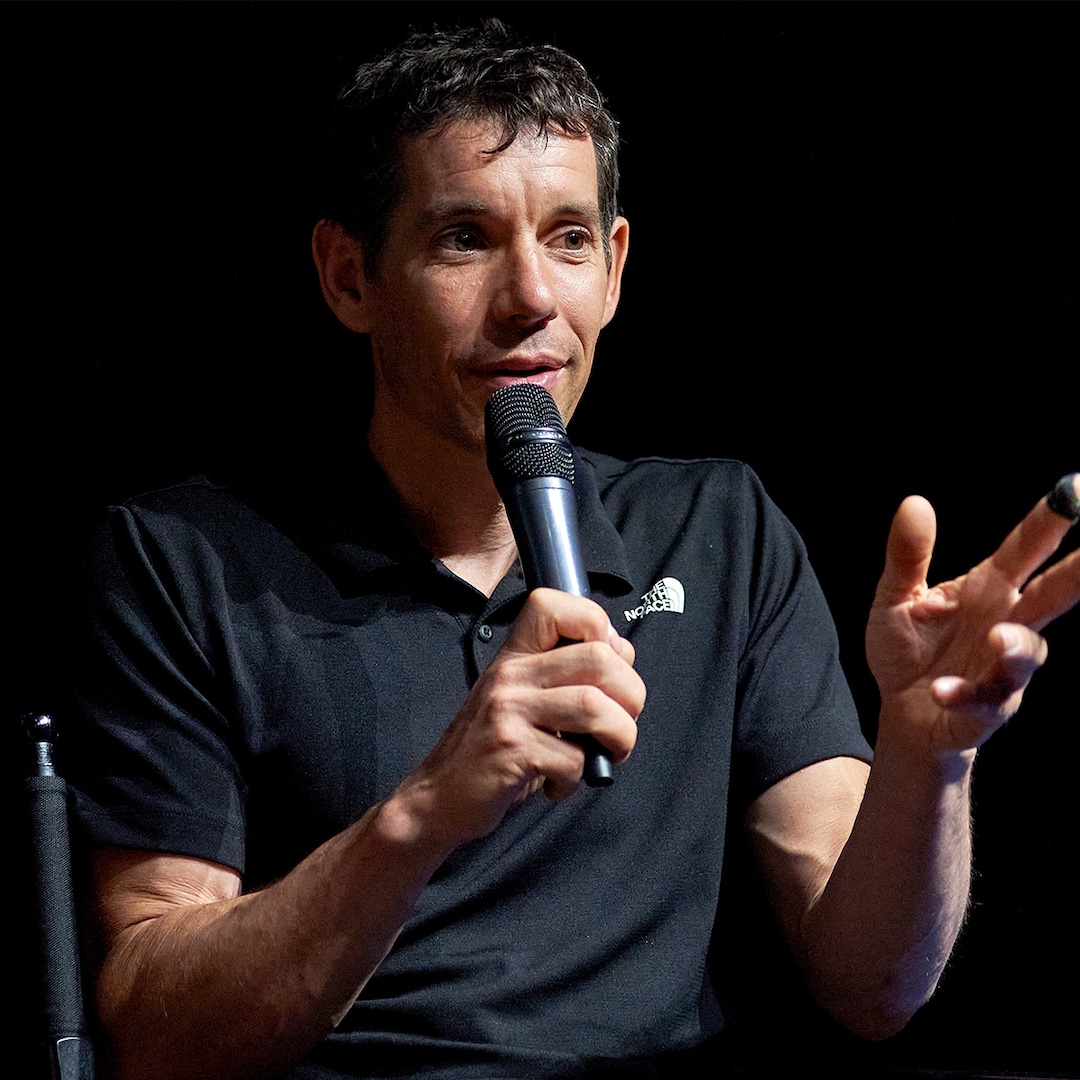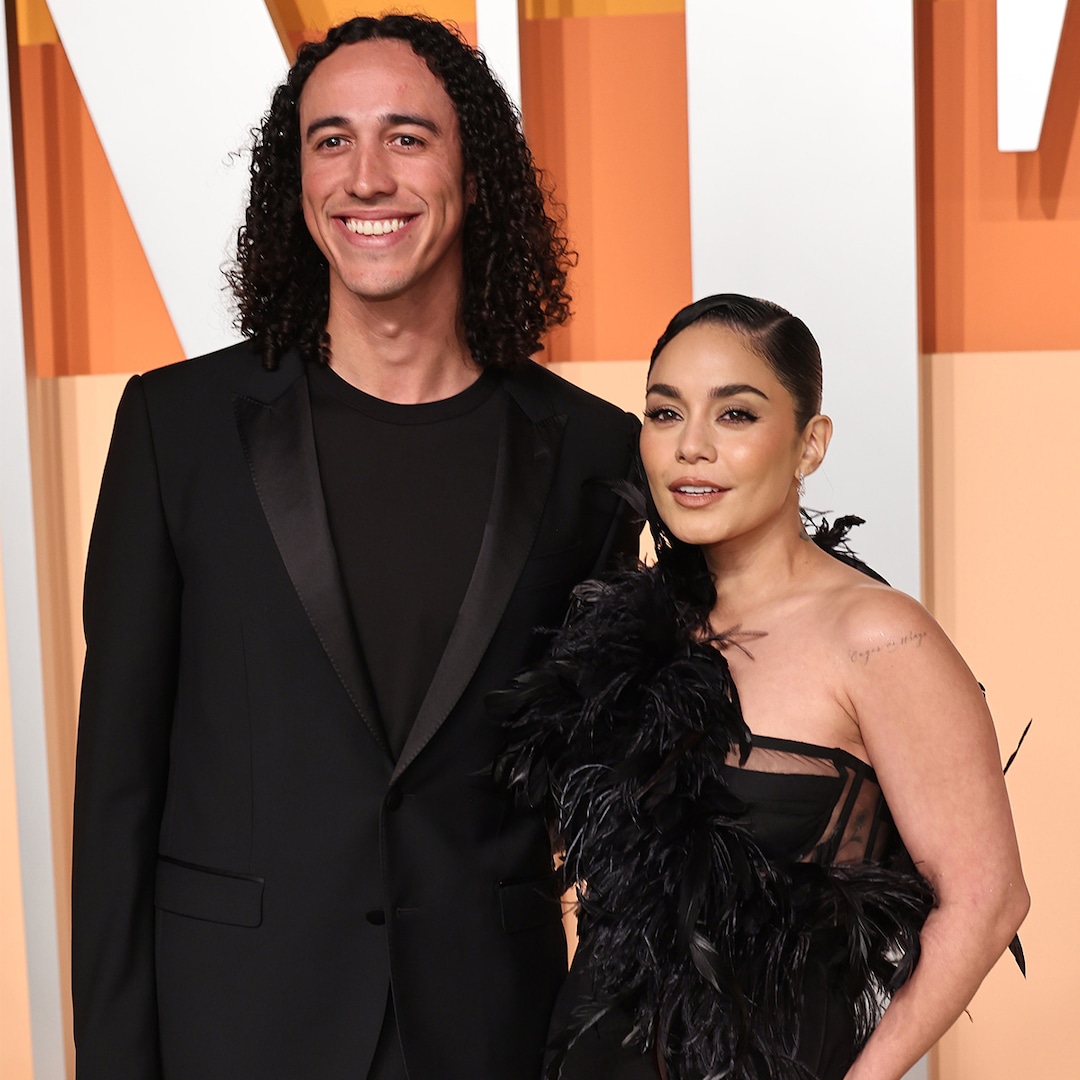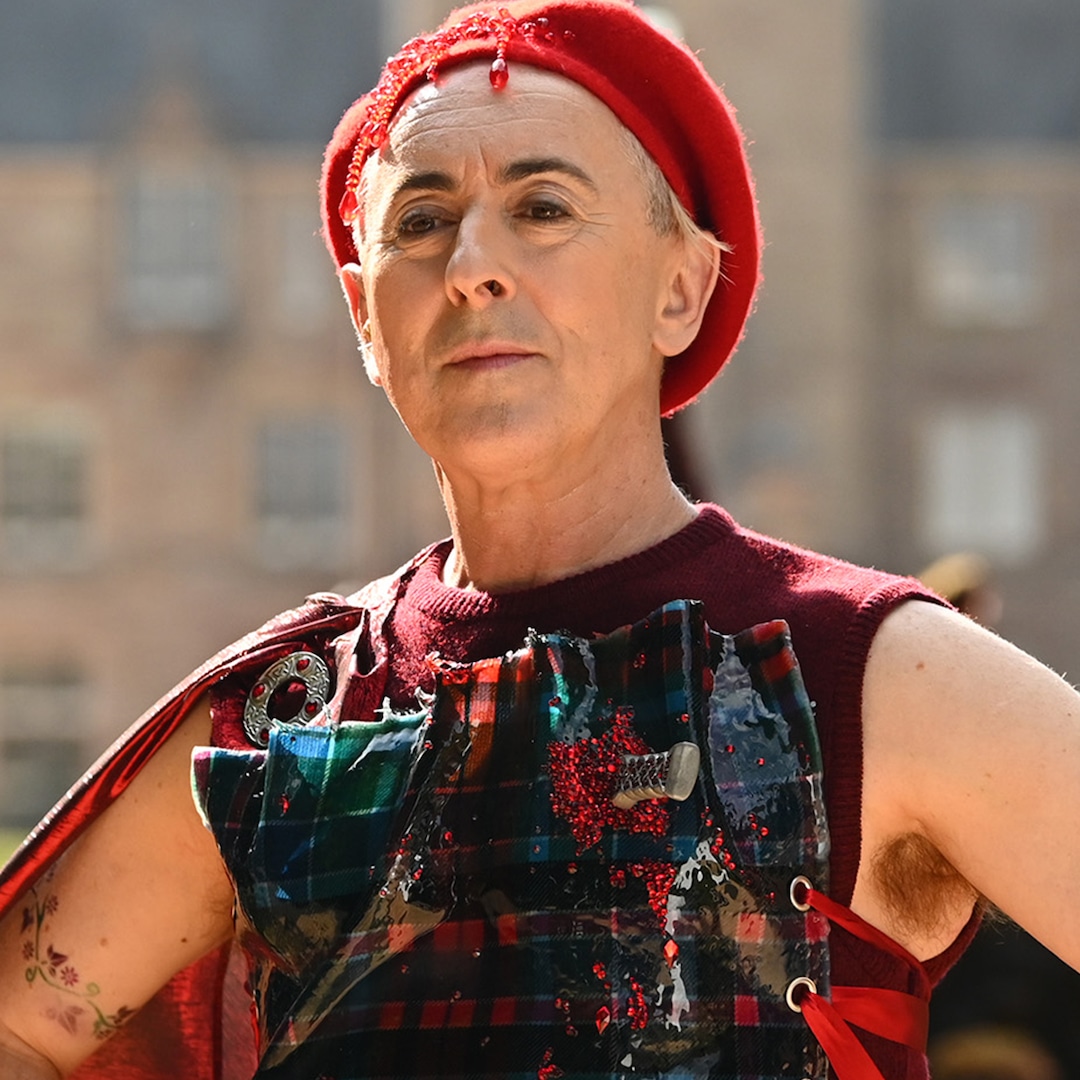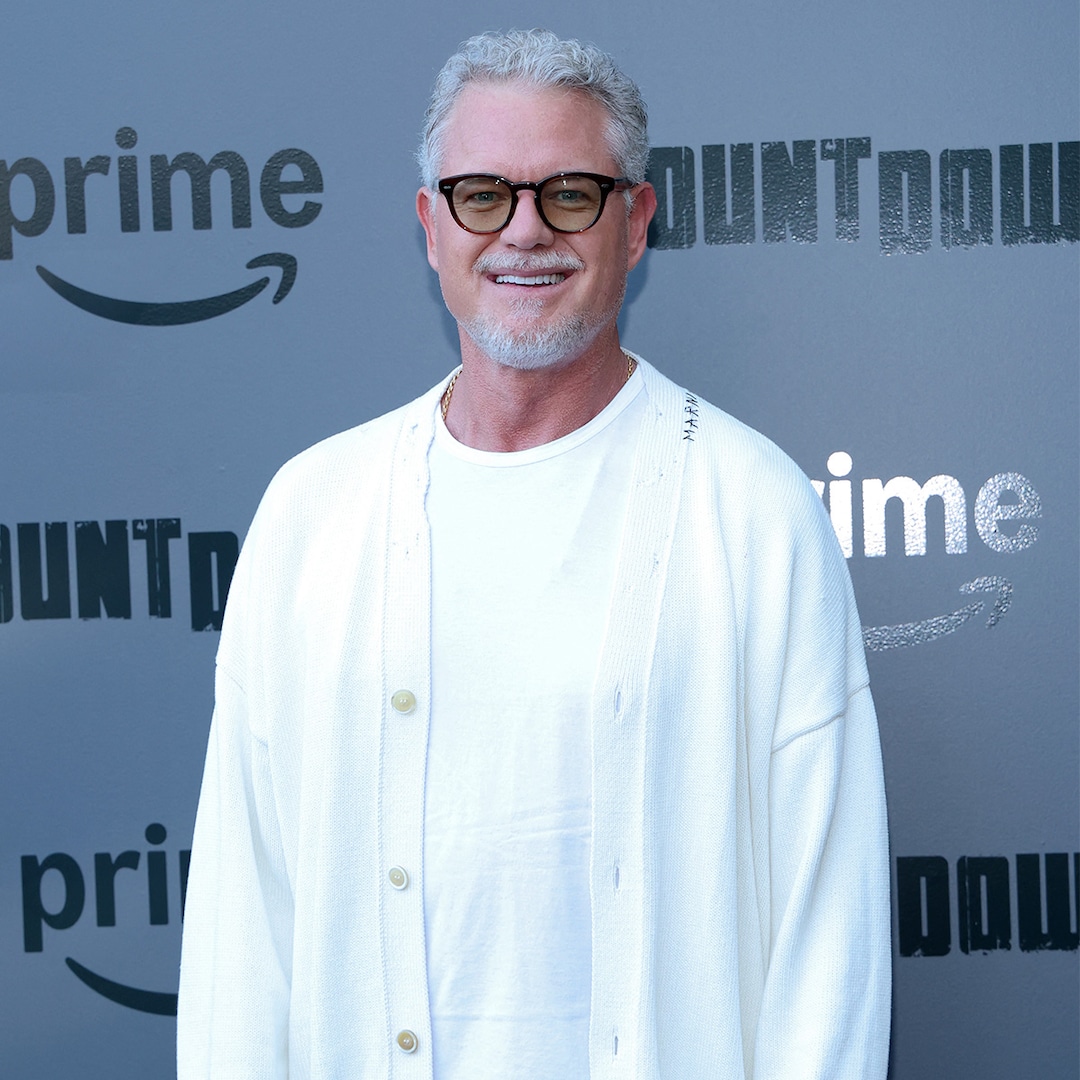|
Celebrity News
Celebrity News
Monday, January 26, 2026
Blind Side Actor Quinton Aaron on Life Support After Hospitalization
Sunday, January 25, 2026
Alex Honnold Reveals “Embarrassing” Paycheck for Netflix’s Taipei 101 Free Solo Climb
Vanessa Hudgens' Husband Cole Tucker Offers Rare Details About Their 2 Kids; Lisa Rinna's Daughter Amelia Gray Hamlin Reveals the Plastic Surgery Procedures She's Had Done; The Traitors Issues Statement on "Cyberbullying" of Cast; and more from E! News...
|
Subscribe to:
Comments (Atom)




